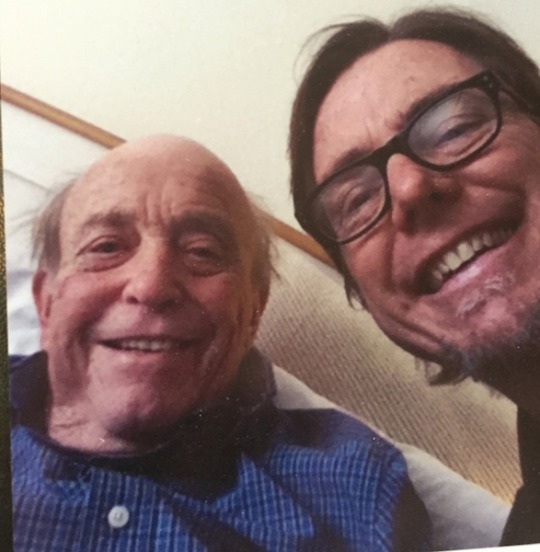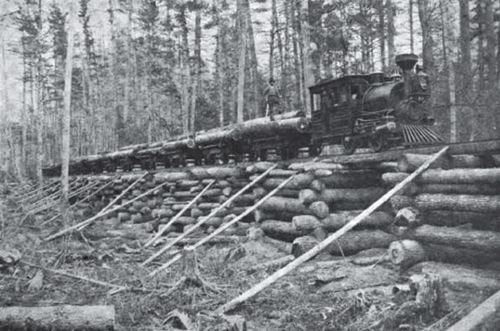
This is a picture of my dad and me. I love it. I keep it on my desk. It makes me smile. In fact, when I think about the circumstances surrounding the moment of this shot, it encourages me and gives me hope.
This picture was taken at the hospital three days before my dad died.
How could a picture of my dad on his deathbed be something that encourages me or gives me hope? It has to do with what I know about death; with what my dad spent his life making sure I knew.
Before I go any further let me ask you, what do you know about death? That’s an important question because death is real and it’s inevitable. Do you know what will happen when you die, or when someone you love dies?
For Christians, Easter is the celebration of Jesus’ resurrection from the dead. We believe it happened. We know it’s important. And we trust that we too will be raised from the dead. Yet for many Christians, death is still an uncertain subject. And as a result, a lackluster sets into our faith that makes our message, and even more our lives, pretty unappealing.
But the Bible tells us…
For if we have been united together in the likeness of His death, certainly we also shall be in the likeness of His resurrection. (Romans 6:5)
What if it’s true that Christ rose from the dead; that he will never die again and death has no power over him; that by faith we are joined together with him in his death and will rise from the dead to live with him forever? What if it is true—not just ideas out there somewhere—but confident facts from God himself?
For a person who does know Jesus, the thoughts I’m sharing would at best seem to be part of an interesting religion, or maybe some stimulating concepts. But the power to look death in the face and feel hope as deep as deep goes only comes through Jesus Christ.
What I know about death is not based on feelings, or wishful thinking. I stand on the bedrock of God’s word. I have hope that goes beyond the grave. I have confidence that death is not final. I can smile when I look into my dad’s eyes in this picture, because I know that I will look into them again for real.








